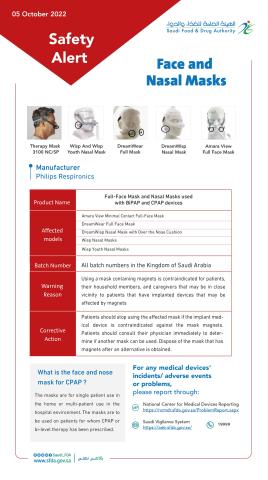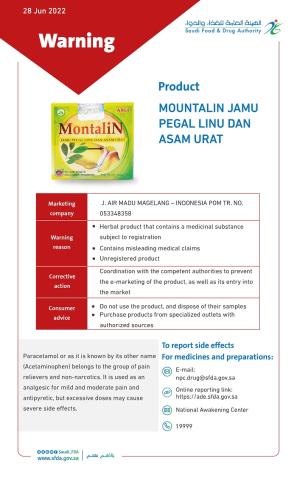A U.S. Food and Drug Administration advisory panel on Thursday called for new warnings and additional safety studies on anemia drugs commonly used to treat patients undergoing kidney dialysis or chemotherapy.
These medications have been the subject of controversy since some of their dangerous side effects -- including the risk of heart attacks and stroke -- came to light earlier this year. In March, the FDA issued stronger label warnings for the popular drugs.
On Thursday, the agency's advisory panel of experts voted 15-2 in favor of new prescribing restrictions and 17-0 for new clinical trials to prove the safety of Amgen's Aranesp and Johnson & Johnson's Procrit, Bloomberg reported.
"Many of us are concerned on the committee and have a lot of questions," said advisory panel chairwoman Gail Eckhardt, an oncologist at the University of Colorado in Aurora, according to Bloomberg.
Eckhardt said the questions concerned the design of trials, why regulators have limited access to results from company studies, and why the drugs have been marketed for improving quality of life if there isn't sufficient evidence for the claim.
Amgen, of Thousand Oaks, Calif., claims that 4 million patients have taken the medicines since they were introduced in 1989, and more than 9,000 people have been studied in clinical trials with cancer patients, the Bloomberg report said.
"We want to consider the totality of the evidence and consider what's best for patients," Roger Perlmutter, Amgen's head of research and development, told the panel. The anemia drugs don't shorten patients' life spans or make tumors spread more rapidly, based on the findings of 55 studies, he added.
The FDA isn't required to follow the recommendations of its advisory panels but typically does.
Recent research has shown that these erythropoiesis-stimulating agents can lead to blood clots, strokes, heart attacks and death in patients with chronic kidney failure who receive them at higher-than-recommended doses, a practice that is becoming increasingly common. Other studies have discovered that higher doses might produce more rapid tumor growth in patients with head and neck cancer.
"There has clearly been an issue raised about the efficacy, the effectiveness and safety of these drugs when used to treat anemia from cancer," said Dr. Len Lichtenfeld, deputy chief medical officer at the American Cancer Society, before the panel voted.
Another expert said he thinks the FDA needs to carefully define when and for whom these drugs should be used.
"The FDA needs to provide a strong message and guidelines about under what circumstances, and for what populations, patients need to be treated with these drugs," said Dr. Ajay Singh, clinical chief of the renal division and director of dialysis at Brigham and Women's Hospital in Boston.
"In addition, we need updated and independent guidelines that advise doctors how to use these drugs that support what the FDA is recommending," Singh said.
The drugs include darbepoetin (Aranesp) and epoetin alfa (Epogen and Procrit). They are genetically engineered versions of a natural protein, erythropoietin, that boosts red blood cell counts to combat anemia. Anemia is a common side effect with certain forms of kidney disease, especially for patients undergoing dialysis, and for cancer patients undergoing chemotherapy.
The three drugs are approved to treat anemia in patients with chronic kidney failure and in patients with cancer whose anemia is caused by chemotherapy. Epogen and Procrit are also approved for patients scheduled for major surgery to reduce potential blood transfusions and for the treatment of anemia due to zidovudine therapy in HIV patients, the FDA said.
Lichtenfeld noted that, when used properly, these medications are effective. They are really for patients undergoing chemotherapy or radiation, not for patients who have completed their treatment, he said.
"These drugs are valuable, and they do play a significant role in helping patients during chemotherapy," Lichtenfeld said. "These are drugs that help people get through treatment. These are drugs that help reduce the need for transfusion."
Singh thinks there have been financial incentives that promote the off-label use of these drugs, which, in this case, involves increasing the patient's hemoglobin level above that recommended on the label.
"We need to have [Medicare] reimbursement guidelines that remove some of the incentives for off-label use of these drugs," Singh said.
Lichtenfeld noted these drugs make up the majority of medications reimbursed by Medicare for treating cancer patients. "And their use has been going up every year," he added.
"There appears to be a substantial off-label use of these drugs," Singh said. "Physicians need to be cognizant of the label, because it is put into place in a deliberate and thoughtful manner. The off-label use needs to be curtailed."
The New York Times reported on Wednesday that Amgen and Johnson & Johnson paid doctors millions of dollars in rebates to use these drugs.
"Such payments -- to cancer doctors and the other big users of the drugs, kidney dialysis centers -- total hundreds of millions of dollars a year and are an important source of profit for doctors and the centers. The payments have risen over the last several years, as the makers of the drugs, Amgen and Johnson & Johnson, compete for market share and try to expand the overall business," the Times reported.
Doctors quoted in the article said their use of the drugs was influenced by the amount of money they could make and the belief that the drugs were useful.
Source: HealthDay



